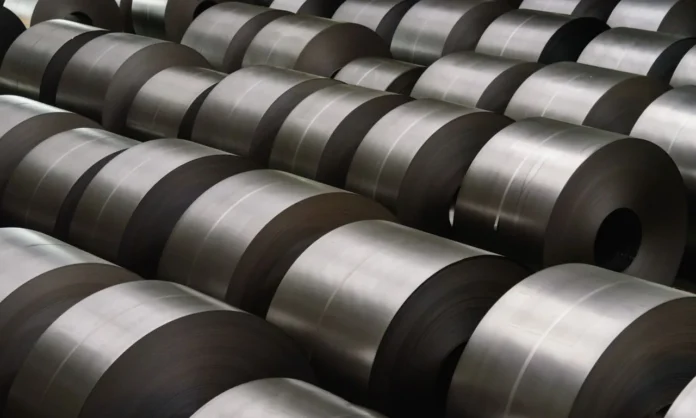Constantia Flexibles International GmbH has been certified against both the Performance Standard and the Chain of Custody Standard, issued and launched by the Aluminium Stewardship Initiative (ASI), in updated versions. The certification demonstrates that the governance, sourcing, and production systems of the company correspond to the requirements of ASI.
Constantia was audited by a third-party auditor approved by ASI which assessed the way that Constantia manages aluminium in all of its activities such as source to source and internal tracking, supplier controls and management of the environment. The company was compliant with the ASI performance standard V3 and Chain of custody standard V2.
Constantia Flexibles is the provider of flexible packaging in food, pharma and personal care spheres. The group employs aluminium in various forms, and they select these based on various barrier requirements, recycling goals and regulatory approval. It operates a wide range of manufacturing and R&D activity countries and regions.
The certification indicates that Constantia has put mechanisms to manage the certified aluminium and segregate it with uncertified items. It also ascertains internal controls in legal compliance, safety and reporting data in sustainability.
Aluminum Packaging And Sustainability
Through the certification process, the EcoLam product line of Constantia was featured. EcoLam is a laminate which is recyclable and is constructed with one material. It is high-barrier and recycling-infrastructure based. The line is already present in multiple commercial markets and it is also a part of the general trend of the company to include circular-ready products.
ASI issued a member spotlight of Constantia Flexibles explaining its approach toward integrating sustainability into packaging development and production system. ESG reporting, the location of its suppliers, and the structure of governance, as well as the management of suppliers are also covered by the spotlight, giving more information about its active involvement into the work of ASI based on its standards.
The areas of policy alignment, supplier screening, chain of custody requirements, operational controls were addressed in the certification process. Constantia also monitors the input of aluminiums and keeps the material that is certified under the ASI provisions under recognized limits of Usage and chain. The audit also ascertains that the company may tag such product lines that would be eligible as ASI-certified in case it is admissible.
Aluminium Stewardship Initiative is a worldwide non-profit making organisation that establishes standards of responsible production and sourcing of aluminium along the complete chain of value, including mining, smelting, converting and recycling. It certifies companies within the metals, automotive, aerospace, construction and packaging industries.
ASI accreditation allows businesses to fulfil procurement requirements that are associated with confirmed sourcing and environmental risk management and they are able to comply with the expectations of investors, brands, and governments. The certification is done on three-year basis with possibilities of monitoring and renewal.
Certification is making a long-term sustainability direction in the case of Constantia Flexibles. The company remains transforming their portfolio to preferred products with lower impact, recyclable format, and procurement supplier code of conduct, based on recyclability, reduced emissions, and country-level regulations.
Its certification is restricted to Constantia Flexibles International GmbH although it serves sustainability goals of the entire group. The company has internal systems capable of tracking carbon footprint, supplier inputs, materials efficiency and status of compliance and these inform the reporting at a global level as the data entry to the development of packaging.
The Constantia member spotlight together with the ASI certification is currently active on the official site of ASI. Taken together, they outline how the Constantia Flexibles is acting throughout its product systems and governance to address the escalating global demand of aluminium traceability, packaging safety, and circular design.



